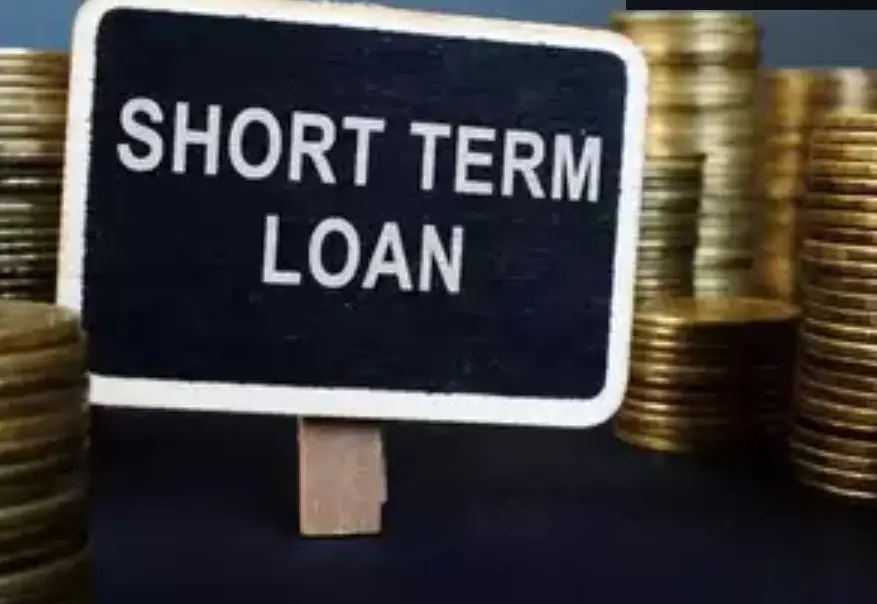In today’s economic landscape, it’s not uncommon to find oneself in a temporary financial bind. Whether it’s an unexpected car repair, sudden medical expense, or any other unforeseen situation, needing funds promptly is a situation many face. For those with less than stellar credit, traditional borrowing options can be limited. This is where a short term loan bad credit can become a viable solution, offering the much-needed respite without the extensive background financial checks typical of banks and larger institutions.
Short-term loans are designed to cater to immediate financial needs, helping individuals cover essential expenses until their next income. Unlike long-term loans that require a lengthy approval process, short-term loans often have quicker turnaround times, making them ideal for emergencies. They’re typically smaller in amount, reflecting the aim to assist borrowers over a brief period, such as between monthly paychecks.
However, like any financial product, it’s important to understand both the advantages and potential drawbacks of short-term loans. One of the primary benefits is accessibility. Many lenders offer these loans to individuals who may not qualify for traditional bank loans due to lower credit scores. This inclusivity allows a broader audience to access necessary funds swiftly.
Another advantage is the speed of disbursement. With minimal documentation and a streamlined process, applicants often receive their funds within a matter of hours. This feature is especially beneficial when time is of the essence, such as dealing with urgent bills or avoiding penalties.
That said, it’s crucial to carefully scrutinise the terms associated with these loans. Due to the higher risk lenders undertake by offering loans to individuals with bad credit, interest rates tend to be higher compared to conventional loans. While this might be considered a fair trade-off for the quick access and lower eligibility barriers, borrowers should ensure they’re comfortable with the repayment terms.
Budgeting is key when considering this type of financial assistance. Since the repayment terms are generally short, it’s important to have a concrete plan to repay the loan quickly to avoid falling into a cycle of debt. Overreliance on short-term solutions without a firm strategy can easily lead to a cobweb of debt, making financial recovery challenging.
Financial literacy and awareness play significant roles in managing short-term loans effectively. Before committing, it’s advisable for borrowers to exhaust all possible alternatives: negotiating payment plans with service providers, seeking advance payment from employers, or exploring community assistance options. Once ensured that a short-term loan is the best choice, comparing offers from various lenders is essential. This comparison helps secure the most favourable terms and rates, tailored to individual circumstances.
In summary, while short-term loans can provide a necessary financial bridge between paydays, particularly for those with bad credit, they require responsible use and thorough planning. Fully understanding the implications of interest rates and repayment terms is key to leveraging these loans effectively without long-term financial repercussions. By considering all angles and remaining vigilant with repayment strategies, short-term loans can serve as a helpful tool during financially challenging times.
Also Read-Tips for Balancing Work, Life, and Health Prevention Goals
